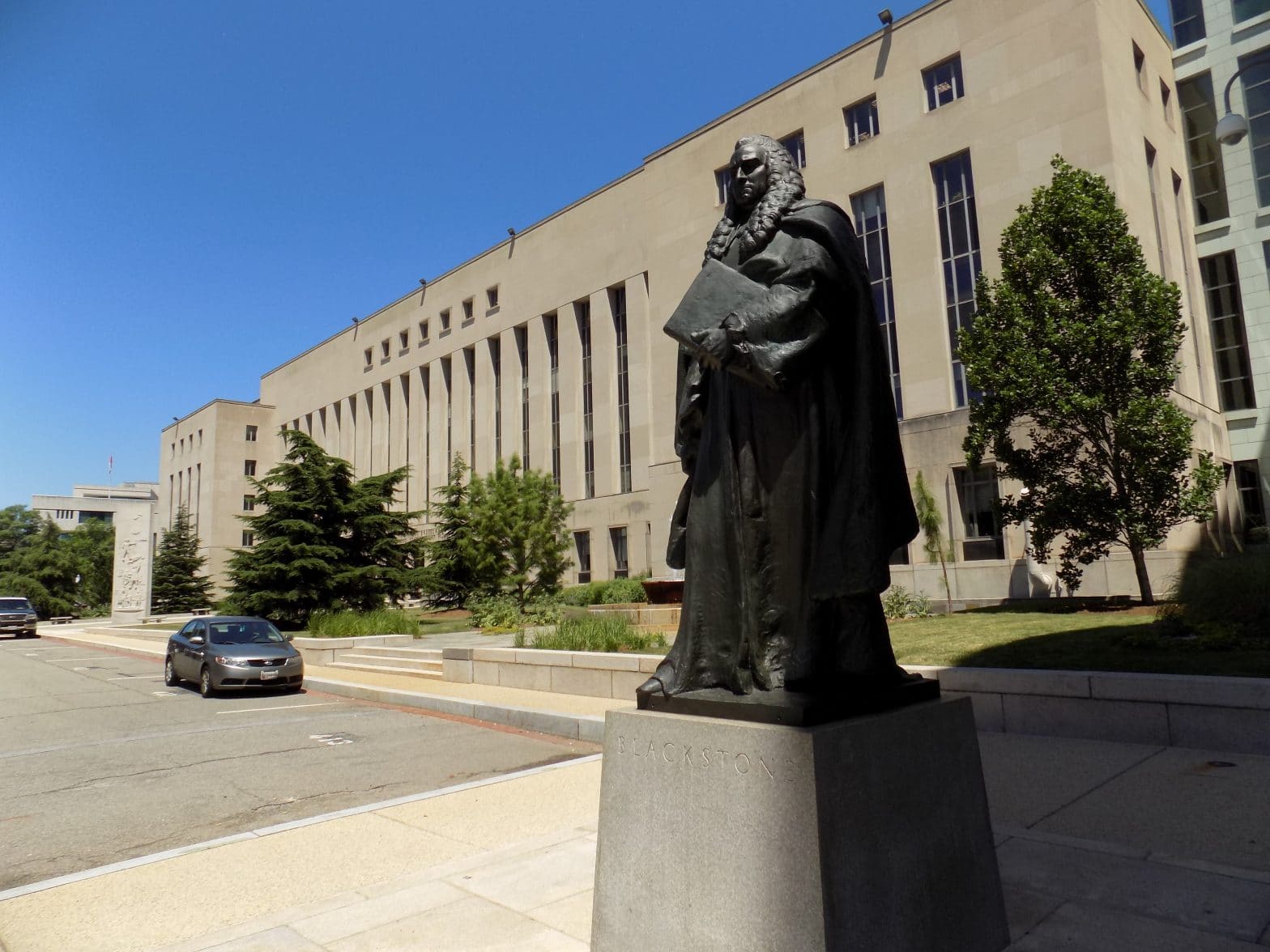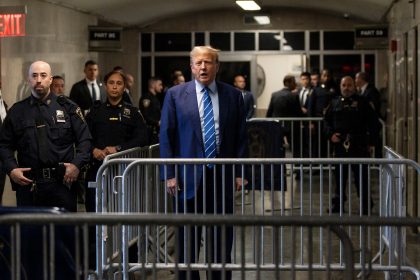Turkish Security Guards Face Prosecution After Protester Beatings in DC

WASHINGTON – Security guards for Turkey’s president must face civil prosecution in Washington, D.C. after they beat protesters on Embassy Row three years ago, a federal judge ruled last week.
Attorneys for the government of Turkey argued the security personnel should receive immunity against lawsuits by 15 plaintiffs who were protesting the White House visit of President Recep Erdogan in May 2017.
Federal law grants sovereign immunity under the Foreign Sovereign Immunities Act of 1976. In general, the immunity is granted for official acts of foreign personnel as they carry out diplomatic policies of their government.
However, the plaintiffs successfully argued their claims should continue because of the tortious acts exception to sovereign immunity.
They were kicked, punched and knocked to the ground by Erdogan’s supporters and security guards who broke through a police line in downtown Washington’s Sheridan Circle. The main issue in the protest was Turkey’s treatment of its Kurdish minority.
The tortious acts exception says “[a] foreign state shall not be immune from the jurisdiction of the courts of the United States … in any case … caused by the tortious act or omission of that foreign state or of any official or employee of that foreign state while acting within the scope of his office or employment.”
Most commonly it is used to prosecute foreign officials blamed for car wrecks.
The opinion written by U.S. District Judge Colleen Kollar-Kotelly says the security personnel were acting as employees of the Turkish government but were not carrying out an official diplomatic policy that would convey immunity on them.
“Turkey’s exercise of discretion relating to the violent physical attack on the protesters was not grounded in social, economic or political policy and was not of a nature and quality that Congress intended to shield from liability,” the ruling says.
While rejecting Turkey’s plea for immunity, the judge also denied its argument the protesters represented a threat to Erdogan. He was in Washington to meet with President Donald Trump.
Instead, the protesters “were merely standing on the Sheridan Circle sidewalk,” Kollar-Kotelly wrote.
“Defendant Turkey points to no indication that an attack by the protesters was imminent,” the judge wrote. “Instead, the Turkish security forces chased and violently physically attacked the protesters, many of whom had fallen to the ground and no longer posed a threat.”
The plaintiffs are represented by the law firm Cohen Milstein, which described its role in the case in a statement that says, “Plaintiffs seek to hold Turkey accountable for this outrageous violation of United States, District of Columbia and international law.”
The firm accuses the Turkish security guards of “assault, battery, false imprisonment, infliction of emotional distress, hate crime pursuant to [District of Columbia law], violation of enforcement jurisdiction under the Alien Tort Statute, violation of civil rights, among others.”
The Turkish government has not said whether it will turn over Ergodan’s security or embassy personnel for prosecution.
The case is Lusik Usoyan, et al. v Republic of Turkey, et al. Civil Action No. 18-1141 (CKK), U.S. Dist.Ct – D.C., Feb. 6, 2020.























